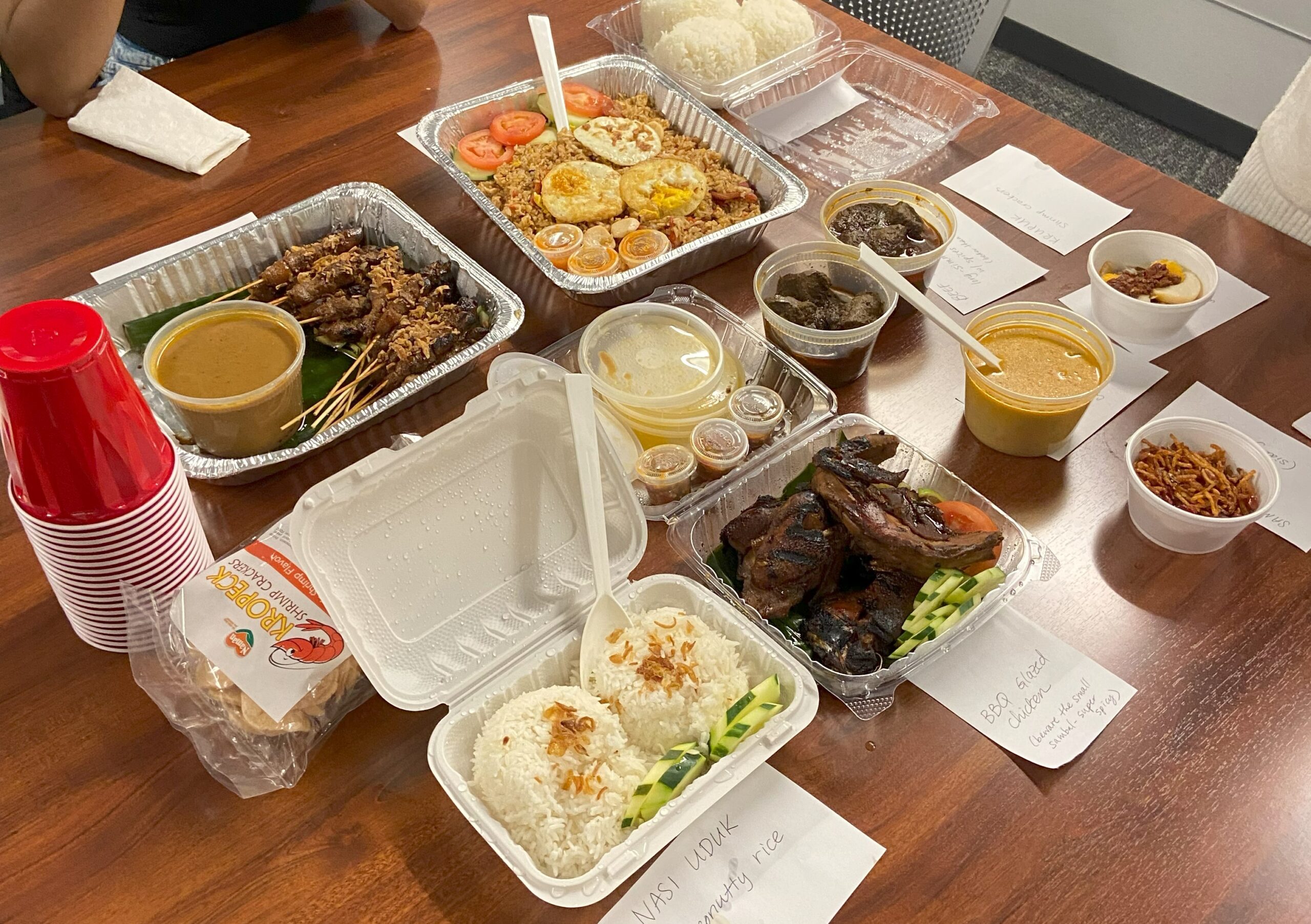Rethinking Paradise: What I Expect from Bali
By: Luna Wang, Wharton ’27

PGS: Tourism, Sustainability and Local Impact in Indonesia
Luna, one of the PGS Correspondents, shares her experience abroad during the Spring 2024 semester. Follow along with the group of correspondents on our blog and look out for their images on the @pennabroad Instagram feed.
As I gear up for my trip to Bali, I can’t help but think about the preconceived notions I’ve built up about this beautiful island. From dreamy beaches to spiritual temples, Bali has always seemed like a paradise. But beyond the picturesque landscapes, there are cultural nuances and local customs that I’m beginning to understand more deeply thanks to our seminar discussions.
One of the first things we discussed in class was the Balinese handshake. Unlike the firm, confident handshakes we’re used to in the West, Balinese handshakes are gentle. They symbolize respect and humility rather than strength. This simple gesture reflects a broader cultural emphasis on harmony and avoiding confrontation. It’s a reminder that small acts can convey deep respect and understanding.
Another interesting cultural aspect we talked about is the importance of using the dominant hand for almost everything – eating, giving, and receiving. In Bali, the left hand is considered impolite for these actions. This practice is rooted in hygiene and respect. It’s a small but significant adjustment I’ll need to make, consciously ensuring that I’m always presenting or accepting items with my right hand. It’s fascinating how such a detail can carry so much cultural weight.
Our discussions about temple etiquette were particularly eye-opening. In Bali, temples are sacred spaces where attire matters greatly. As someone used to casual dressing, the idea of wearing a sarong and ensuring my shoulders are covered feels like a meaningful way to show respect. It’s not just about following rules but about appreciating and honoring the spiritual significance these places hold for the Balinese people.
Adding to these insights, Professor Jeoung brought us various Balinese foods to try, which was an interesting experience. The flavors were rich and diverse, with dishes like nasi goreng (fried rice) and sate lilit (minced meat satay) standing out. This culinary introduction offered a glimpse into the vibrant food culture of Bali, emphasizing the use of fresh ingredients and aromatic spices. It made me realize that food is a vital part of understanding any culture, and I’m looking forward to exploring Bali’s cuisine further.
These cultural practices, while seemingly minor, have already started to reshape my understanding of Bali. They highlight the importance of respect, humility, and community in Balinese culture. It’s easy to get lost in the idea of Bali as just a tourist haven, but these insights remind me that there’s a rich, complex culture to engage with and learn from.
As I prepare for this journey, I’m excited and a little anxious about how my expectations will match up with reality. I’m looking forward to experiencing the gentle handshakes, practice using my dominant hand, and dress appropriately for temple visits. These small acts will help me connect more deeply with the local culture and show my respect for the traditions that make Bali unique.
In essence, this trip is not just about seeing new sights but about understanding and embracing a different way of life. I’m looking forward to letting go of my preconceived notions and immersing myself in the rich cultural tapestry of Bali!
Penn Global Seminars combine intensive semester-long study with a short-term travel component that deepens your understanding of concepts discussed in the classroom. Courses options are available for Penn undergraduate students across majors and years.